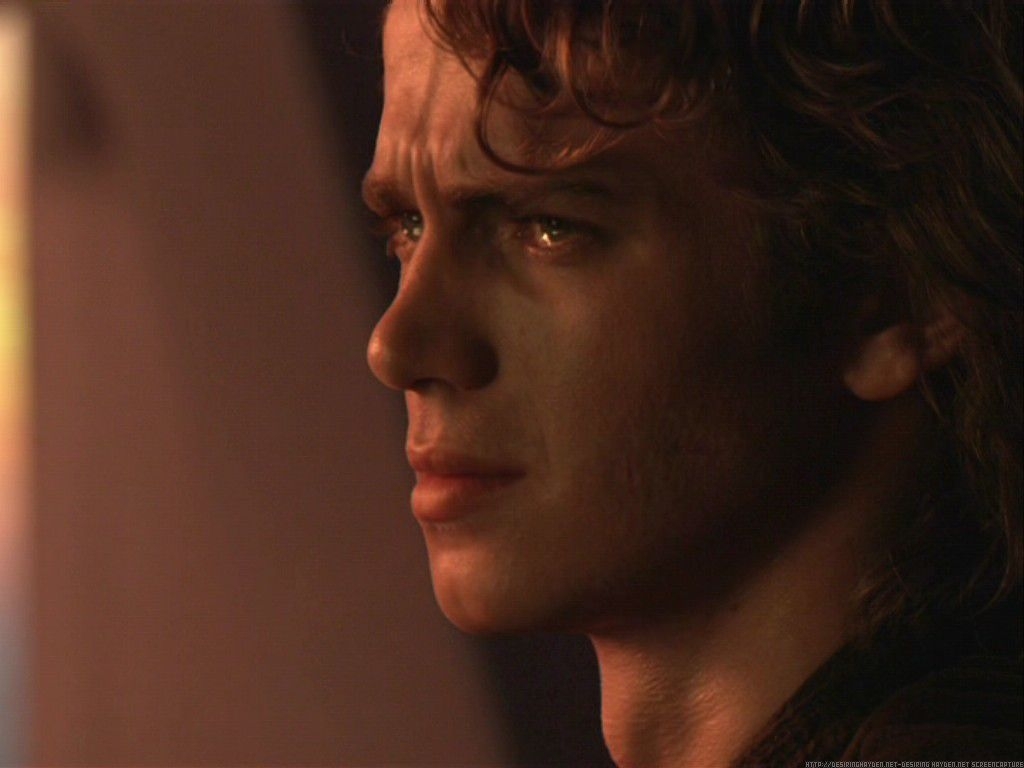
Anakin Skywalker: The Chosen One

Few characters in the history of fiction carry as much symbolic complexity as Anakin Skywalker. In his journey, told in an almost biblical manner throughout the Star Wars trilogies, we witness not only the rise and fall of a tragic hero but also the reflection of universal human dilemmas — about power, fear, love, identity, and freedom. Anakin is not just the "Chosen One" of the Jedi prophecy. He is also the embodiment of the contradictions of a decaying order, an orphaned child of a galaxy in crisis, and the ultimate expression of the idea that even the greatest saviors can become tyrants when confronted with their own demons.
1. The Creation of the Chosen One: Myth, Prophecy, and Destiny

Anakin's origin is shrouded in mystery. Born of a virgin mother, with no known father, he echoes messianic narratives present in various religious traditions—from Jesus Christ to mythological figures like Perseus. The Jedi prophecy speaks of someone who will bring balance to the Force, and Qui-Gon Jinn firmly believes that Anakin is that someone. Believing in a prophecy, however, also carries a curse: turning a child's life into an inevitable salvation project.
Anakin is torn from his reality as a slave and brought into an order that preaches detachment, discipline, and emotional control—all things he hasn't had the time to develop naturally. The overwhelming force of his power finds not a home but a spiritual prison.
2. Between Love and Prohibition: The Ruin of Repressed Emotion

The Jedi Order, molded by stoic ideals, fails to recognize that emotions are not weaknesses—they are a fundamental part of the human experience. The demand that Anakin deny his feelings leads him to hide them and transform them into silent obsessions.
The forbidden love for Padmé Amidala, the fear of loss, the rage in the face of impotence—all of this accumulates in his heart like a slow poison. It's no coincidence that his visions of Padmé's death are the trigger for his surrender to the dark side. He doesn't become Darth Vader out of greed or thirst for power—but out of love, distorted by fear. As Palpatine himself says: "The fear of loss is a path to the Dark Side."

3. The Failure of Institutions: Jedi, Republic, and Mentors

Anakin is also a victim of the institutional failure of his time. The Jedi Order, bureaucratized and dogmatic, acts more like a police force than a spiritual guardian. The Republic, in turn, is a decaying body, manipulated by corporate interests and blindly trusting in its own morality.
Obi-Wan, although a skilled master, fails to be a father figure. Palpatine, on the other hand, presents himself as a friend, mentor, and confidant. The absence of a stable emotional structure and real ethical guidance causes Anakin to confuse the promise of order with absolute domination.

4. The Fall: Darth Vader as Mask and Prison
Upon becoming Darth Vader, Anakin finally succumbs to the weight of his emotions and contradictions. He kills, betrays, destroys—but all of this, paradoxically, to protect what he loves. The tragic irony is that, in trying to save Padmé, he loses her. In trying to prevent death, he becomes its agent.

Vader is more than a new identity. He is a symbolic prison. The helmet, the armor, the artificial voice—all of this represents the castration of his humanity. He becomes more machine than man, as Obi-Wan himself describes, an existence where there is no pleasure, no pain, only function.

5. Redemption: Love as a Revolutionary Act

Even so, Anakin never disappears completely. His final act, saving Luke and destroying the Emperor, represents the victory of the human spark over the abyss. What neither the Jedi nor the Sith understood — but what Luke perceives — is that love, far from being a weakness, can be a force of redemption.
Anakin returns to the light not because of a prophecy, but through an act of love. He is saved not by the sword, but by the bond between father and son. His redemption closes the cycle, breaks the mask, and restores humanity to the myth. He dies as Anakin Skywalker — not as Vader.

Conclusion: The Tragic Hero of the 21st Century
Anakin Skywalker is, above all, a tragic hero. Not in the classical sense of an invincible warrior, but as someone who carries within himself the potential for both good and evil, and who is consumed by the tension between the two. His story is timeless because it speaks about what it means to be human—about failing, loving, getting lost, and finding redemption.

In a world still struggling to balance emotion and reason, freedom and security, tradition and change, Anakin represents each of us — in conflict, in search of meaning, on the edge of light or darkness. And perhaps, in the end, that is precisely what makes him so unforgettable.

